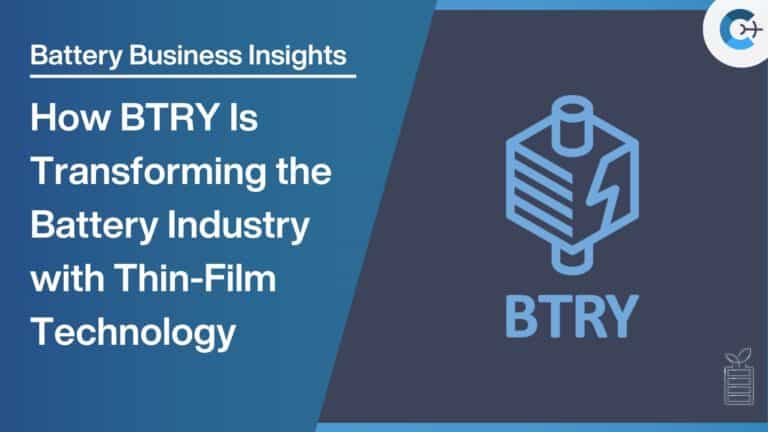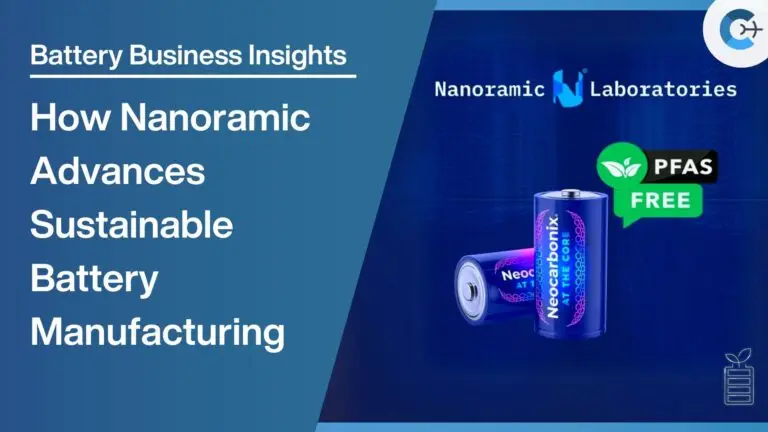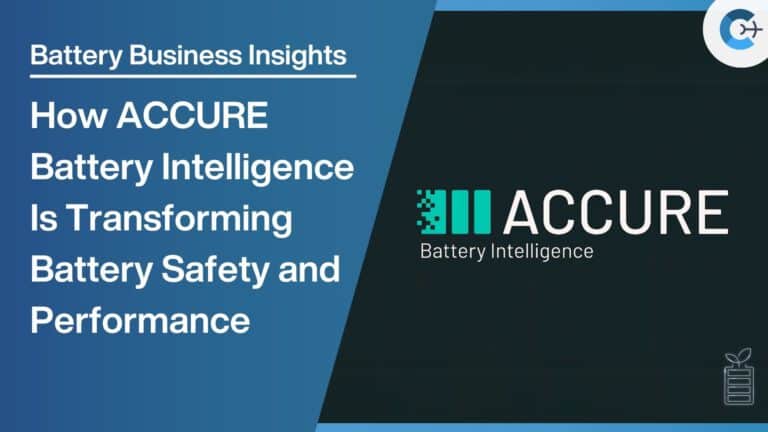Porsche Engineering has introduced an innovative “AC battery” concept for electric vehicles, integrating multiple components into a single unit. This system is managed by a standardized control unit featuring a robust, real-time-capable computing platform. Developed through a feasibility study, the integrated AC battery was tested on a bench and demonstrated in an actual vehicle.
Traditionally, electric vehicle drive systems comprise separate elements: a high-voltage battery with a battery management system, power electronics for motor control, and an on-board charger for AC power charging. The power electronics typically convert the high-voltage DC from the battery into three-phase sinusoidal AC for the traction motor using a pulse inverter.
Thomas Wenka, Specialist Project Manager at Porsche Engineering, noted that while the existing structure is effective, there is potential for further enhancement. He highlighted the automotive industry’s move towards highly integrated components, which offers benefits in size, weight, cost reduction, reliability, and efficiency.
The development team leveraged high component integration to create the AC battery system, consolidating the battery management system, pulse inverter, low-voltage DC-DC converter, and on-board charger into a single component. For the study, the high-voltage battery was divided into 18 modules across three phases, each controlled by power semiconductor switches. These modules could be flexibly interconnected into a Modular Multilevel Series Parallel Converter (MMSPC), a distributed real-time system that dynamically models voltage curves to produce the required AC voltage directly from the DC sources.
Daniel Simon, Specialist Project Manager at Porsche Engineering, explained that the MMSPC allows for direct motor control during driving and direct connection to the AC grid for battery charging. Additional benefits include scalability for various drivetrain configurations and enhanced safety when handling current-carrying components. In case of a defect, the system can bypass faulty modules, enabling the vehicle to reach the nearest workshop with reduced power, thereby preventing typical battery-induced failures.
The AC battery concept also presents the potential for fast charging through pulsed charging. A key challenge addressed was the development of a powerful, fast central control unit capable of precise module control. Porsche Engineering developed a heterogeneous multiprocessor platform combining an FPGA for real-time data control and monitoring with a multicore processor for handling large data volumes. This platform enhances scalability and flexibility compared to traditional microcontroller solutions.
The integrated AC battery system has been successfully implemented and tested in various prototypes, including a test vehicle. Porsche Engineering plans to continue developing the control unit platform as a separate project, allowing for easy integration of new hardware functions and interfaces in future projects.
This advancement in AC battery technology is expected to significantly enhance electric vehicle performance, safety, and efficiency, contributing to the rapid development of the e-mobility sector.
Source: Porsche Engineering Magazine
















